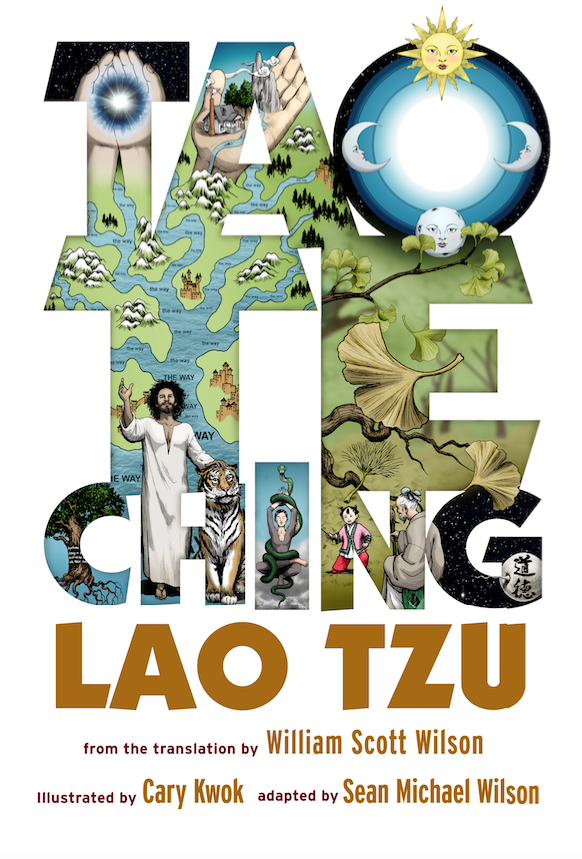cross-posted from: https://kbin.social/m/13thFloor/t/473973
The Way that can be articulately described is not the Unchanging Way. The name that can be said out loud is not the Unchanging Name. With your mouth unopened, and things left undefined, you stand at the beginning of the universe. Make definitions, and you are the measure of all creation.
The Tao Te Ching (UK: /ˌtaʊ tiː ˈtʃɪŋ/,[1] US: /ˌdaʊ dɛ ˈdʒɪŋ/; simplified Chinese: 道德经; traditional Chinese: 道德經; pinyin: Dàodé Jīng [tâʊ tɤ̌ tɕíŋ] i) is a Chinese classic text and foundational work of Taoism written around 400 BC and traditionally credited to the sage Laozi, though the text's authorship, date of composition and date of compilation are debated. The oldest excavated portion dates back to the late 4th century BC, but modern scholarship dates other parts of the text as having been written—or at least compiled—later than the earliest portions of the Zhuangzi.
The Tao Te Ching, along with the Zhuangzi, is a fundamental text for both philosophical and religious Taoism. It also strongly influenced other schools of Chinese philosophy and religion, including Legalism, Confucianism, and Chinese Buddhism, which was largely interpreted through the use of Taoist words and concepts when it was originally introduced to China. Many artists, including poets, painters, calligraphers, and gardeners, have used the Tao Te Ching as a source of inspiration. Its influence has spread widely within the globe's artistic and academic spheres. It is one of the most translated texts in world literature.
